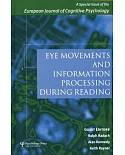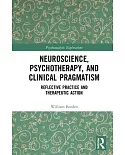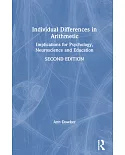Unlike traditional cognitive behavioral therapies, acceptance and commitment therapy (ACT) does not attempt to change the content or even the frequency of irrational or unproductive
thoughts---it trains people to face those thoughts and respond in ways that serve their chosen values.
ACT acknowledges that eating disorder behaviors serve a purpose in that they allow sufferers to turn away from and thus temporarily alleviate unpleasant thoughts and emotions. Clients are
unlikely to give up these behaviors unless they feel confident that they have other, better ways to control these painful feelings. ACT offers a powerful set of skills for helping clients set
aside negative thoughts and put their vlaues first.
In numerous studies with clients suffering from eating disorders, ACT treatment has resulted in clinically significant improvements. Researchers from Dartmouth Medical School in New Hampshire,
the University of California, San Diego, and the University of Minnesota found that ACT helped clients with a history of intensive treatment for their eating disorders finally make significant,
lasting gains in recovery.





















